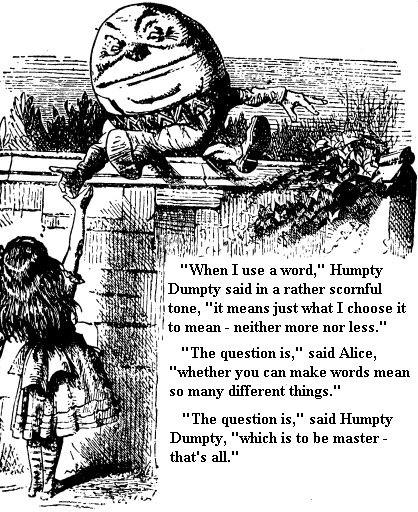The masters of words and the pillars of society
The spirit of truth and the spirit of freedom - these are the pillars of society.
--- Henrik Ibsen, "The pillars of society"
The other day, I went with my wife to see Henrik Ibsen's “Pillars of society”. The play’s plot takes place in a small Norwegian village, in the late 1870’s, but I couldn't escape the feeling of how much of it reminded me of here and now. At a certain point, when one of the characters said, “There is a new generation now, and they are going to be different…”, the faint, bitter lafter that came from the audience revealed that many were thinking the same. It wasn't just the story about a cunning businessman who tries to pass himself as the moral pillar of his society. It was something more profound.
“Do all winged elephants also have three tails?”
It may seem as a stupid question. There are no winged elephants so how can any of them, let alone all of them, have three tails? But at the end of the 19th century, this question, or equivalent questions phrased somewhat differently, were the source of much controversy among logicians and philosophers. The reason was an easy to proof but quite disturbing theorem in mathematical set theory. It says that an empty set is a subset of every set.
An empty set is a set which has no members. The set of winged elephants is an empty set, and so is the set of elephants with three tails. If an empty set is a subset of every set, it follows that every empty set is a subset of every other empty set and vice versa, and therefore all empty sets are equivalent, and that seem to mean that it is true that all winged elephants have three tails. But if so, It is also true that they all have two tails or five tails, or whatever number of tails you want, and that in fact, every statement you may make about winged elephants is true.

John Tanniel's Humpty Dumpty. The drawing and Carroll's text are in the public domain
’When I use a word,' Humpty Dumpty said in rather a scornful tone, 'it means just what I choose it to mean—neither more nor less.' 'The question is,' said Alice, 'whether you can make words mean so many different things.' 'The question is,' said Humpty Dumpty, 'which is to be master—that's all.'
--- Lewis Carroll, “Through the looking glass”
Lewis Carroll, or rather Charles Lutwidge Dodgson, a contemporary of Henrik Ibsen, was all into this argument. His nonsense masterpieces echo the concern that the conclusions that may rise from the idea of an empty set, allow for a too unrestricted use of language. It felt for many late 19th century intellectuals, as too remote from the rational world view they were trying to adopt. As both a logician and a fiction writer, Carroll maintained that fiction writers can assign words whatever meaning they want, as long as they do so consistently and explain what they mean in advance. However, it was important for him to warn us that while this principle is easy to apply for nouns, it may be quite risky when it comes to other parts of language.
In “Through the looking glass”, Humpty Dumpty says, “adjectives you can do anything with, but not verbs”, most of us though would feel uncomfortable with adjectives shifting their meaning as well. This is because a non ambiguous meaning of adjectives, and even more so of verbs, is much more important for social communication than it is so with nouns.
If my cat’s name is “Tissue”, I am perfectly OK with this word not making you think of a white cat. But if we start playing around with the the meaning of adjectives and verbs, well… then we are like a proud large egg, sitting on a very narrow wall. Playing around with language like that makes it unstable and fragile, and although there are people, like Ibsen's Karsten Bernick, who may seem to master the stunt of maintaining themselves on the narrow wall, once they fall from it, even all the king’s horses and all his men, will not be able to put them back.
The message that both Ibsen and Carroll are sending to us in their discussion of empty sets and truthfulness, is not just about the rise and fall of the masters of words, but much more than that, about how the societies that see these people as worthy leaders, end up being torn apart by their manipulative and self centered behavior. If the spirit of freedom and the spirit of truth are indeed the pillars of society, than they can be so in a balanced and stable manner, only if they are those of all people, and not of a chosen few, who master the meaning of empty definitions